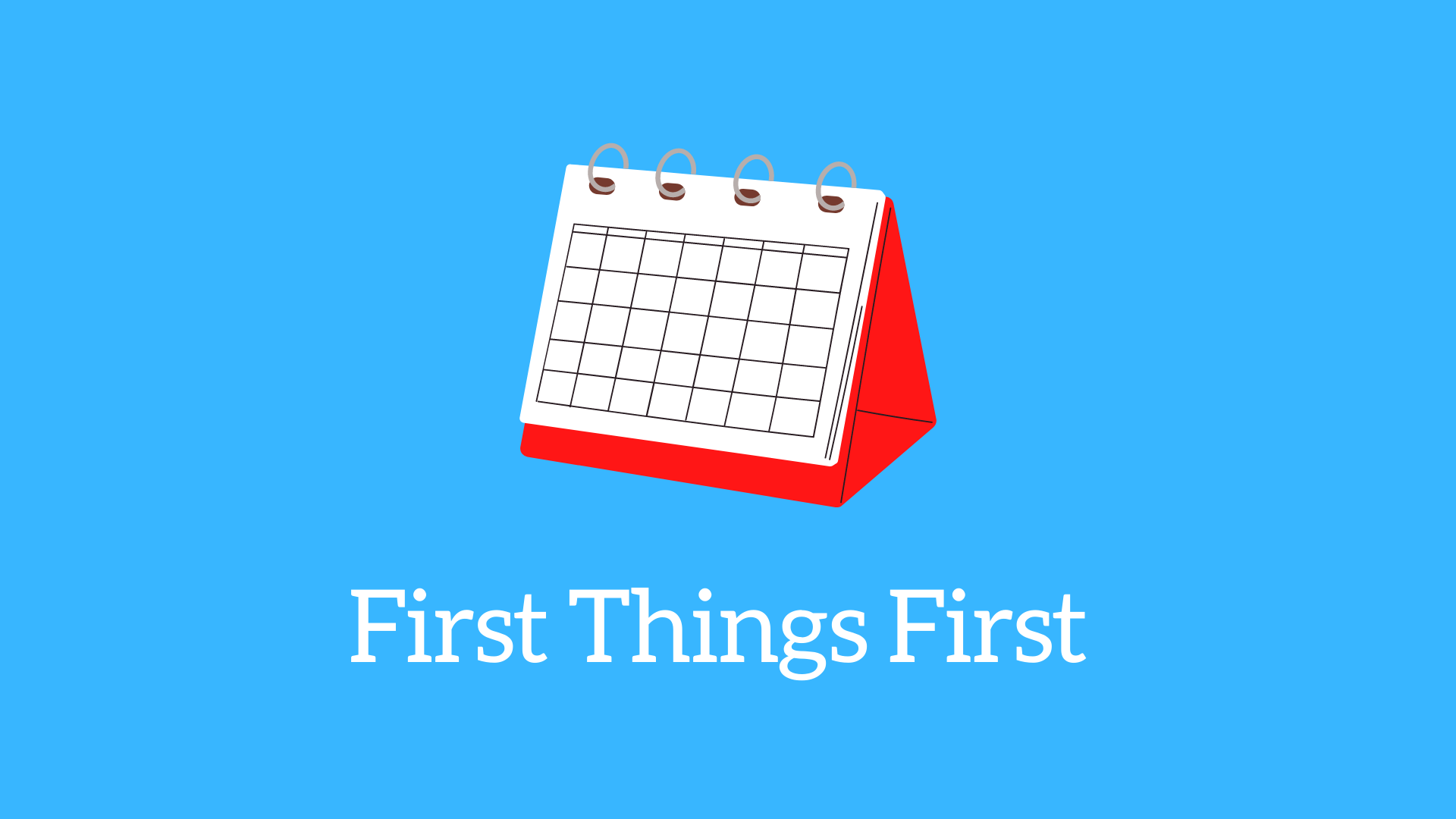If you're about to take on a new role, congrats! You've made it through. Outshining the rest to come out on top. Celebrate, you earned it.
As your start date approaches, the descent from cloud nine begins and you're back down on earth (and maybe a tad nervous). It's showtime but where to start?
We love ambition. Your bias for action is why you got hired. We want to hit the ground running and show our worth right away. However, rushing in and imposing yourself is a sure-fire way to become alienated. Burning bridges before they're raised.
Your experience and skills are invaluable, but to leverage them you need a strong foundation. Your first 30 days should be focused on building relationships and a knowledge base (learning all you can).
Work with your manager and get a list of folks to have 1-on-1s with. Identify the key stakeholders. Understand their background, their challenges, working style, and your relationship with them.
Learn as much as you can. Understand the customer, the product, the company. Our strengths, our gaps, your place in it all. The good, the bad, the ugly.
Once you have a solid footing. Take your theoretical learnings and apply them with a "starter project". Something that adds values, allows you to learn how the company works on a deeper level, but low stakes enough to limit risk while you're still learning/experimenting.
You won't change the world in your first 30 days, but you can set yourself up for game-changing opportunities. Connect and learn.


Comments
Post a Comment